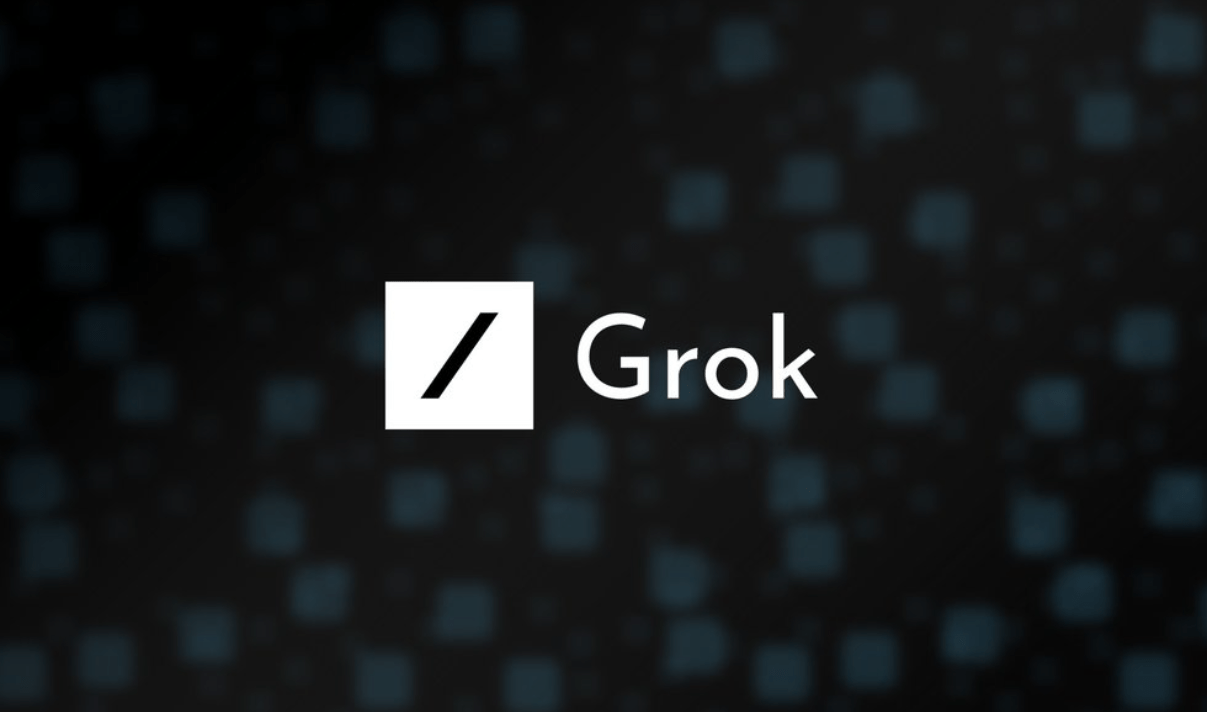Read full article about: AI images complicate search for escaped monkeys in St. Louis
Several monkeys have escaped in St. Louis, and AI-generated images are making the search for the animals harder, another sign of how synthetic media is muddying everyday reality. The vervet monkeys were first spotted Thursday near a park in the north of the city, AP reports. Since then, social media has been flooded with rumors and AI-generated images from people falsely claiming they've caught the animals. As of Monday, the monkeys still hadn't been captured, according to Willie Springer, a spokesman for the city health department.
It’s been a lot in regard to AI and what’s genuine and what’s not. People are just having fun. Like I don’t think anyone means harm.
Willie Springer
Authorities still don't know who owns the monkeys, how they escaped, or exactly how many are out there. They're urging residents to keep their distance, as the animals can turn aggressive when stressed.


